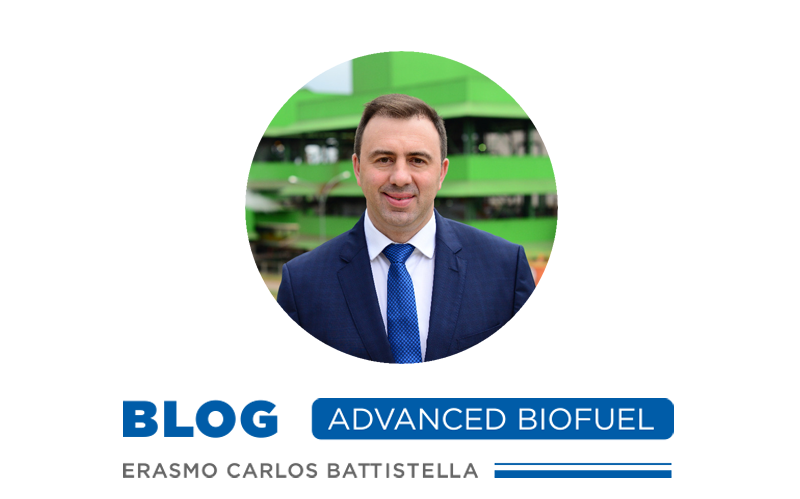Since Rio-1992, the world has been progressing with a greater awareness of the issues involving climate and global warming. The difference I noticed during my participation at COP26 is that the manifestations of the global leaders showed an evident sense of urgency. The consequences of wrong decisions will not come in 40, 50 or 60 years, they are immediate. Our generation can already experience the result of this impact if we do nothing now.
In the last three decades, the biofuels sector in Brazil has grown and consolidated, becoming a national asset. This entire history, especially the growth of the biodiesel market, is not the work of one government, since it has always been considered a State Policy.
Brazil sought to improve its image and gave an important message by reversing some perceptions. The announcement by the Brazilian Minister of the Environment, Joaquim Leite, that the country will increase its target for the reduction of greenhouse gas emissions (GHGs) was a good sign.
It indicates that to meet this goal, the federal government needs to focus on the green economy by strengthening the consumption of biofuels and the National Policy for Biofuels (RenovaBio), which establishes in law the progression of the mixture up to 15% (B15) in 2023 – a world reference in decarbonisation in transport.
The minister made a point of highlighting, among the country’s competitive advantages in environmental issues, the fact that Brazil has the largest large-scale biofuels operational programme in the world, a highly clean energy matrix.
Some countries categorize biofuels as a transition energy, but the sector has a much bigger role than that. The product is ready to fulfil its mission with low investment costs and without the need to change the engine – an ideal solution for large urban centres.
I also felt a great strength of the Brazilian business sector at COP26. As I circulated and talked to several entrepreneurs and sectorial representatives, it became evident that we are showing sustainable and advanced solutions in terms of technology to contribute to the global decarbonisation process. And we are committed to sustainable development, to the growth of the economy and to the generation of green jobs.
I am an optimist by nature and I leave this COP26 excited, but not deluded.
Biodiesel is synonymous with sustainable mobility of the future and the product is an immediate response to the decarbonisation process. We are in the vanguard and we have the best biodiesel in the world, produced with state-of-the-art technology.
Our country has the conditions to take advantage of its enormous potential to expand the generation of energy from biomass, including increasing the production of biofuels in conjunction with food production.
Here in Brazil, we need to move forward ensuring the expansion of the percentage of biodiesel and the fulfilment of the decarbonisation goals, as established by law.
Our path must be to respect the laws that define the blending schedule, offer legal security and progress towards a cleaner energy matrix with consistent investments. Only predictability will create the conditions for growth and competitiveness for biodiesel as a clean and safe source of energy.
New steps are being taken in the country as, for example, the advancement in the House of Representatives of Bill 1873/21. The text creates the National Program for Advanced Renewable Fuels, which are second-wave biofuels such as renewable diesel HVO (HydrotreatedVegetableOil) and SPK or SAF (SyntheticParaffinicKerosine – which can be used mixed with aviation paraffin).
HVO is “instant delivery” and goes “100% straight to the tank” in diesel engines of any generation without the need for adaptations. SPK or SAF has already been approved for use in large aircraft.
Our business group is exploring the potential of second-wave biofuels through our Omega Green project, a $1 billion investment in an advanced biofuels biorefinery in Paraguay, scheduled to begin operation in 2025.
The pride I felt when I saw the international reception given to our model during the COP26 encourages me more and more to bet on the advancement of our biofuels. This is a path with no turning back.

